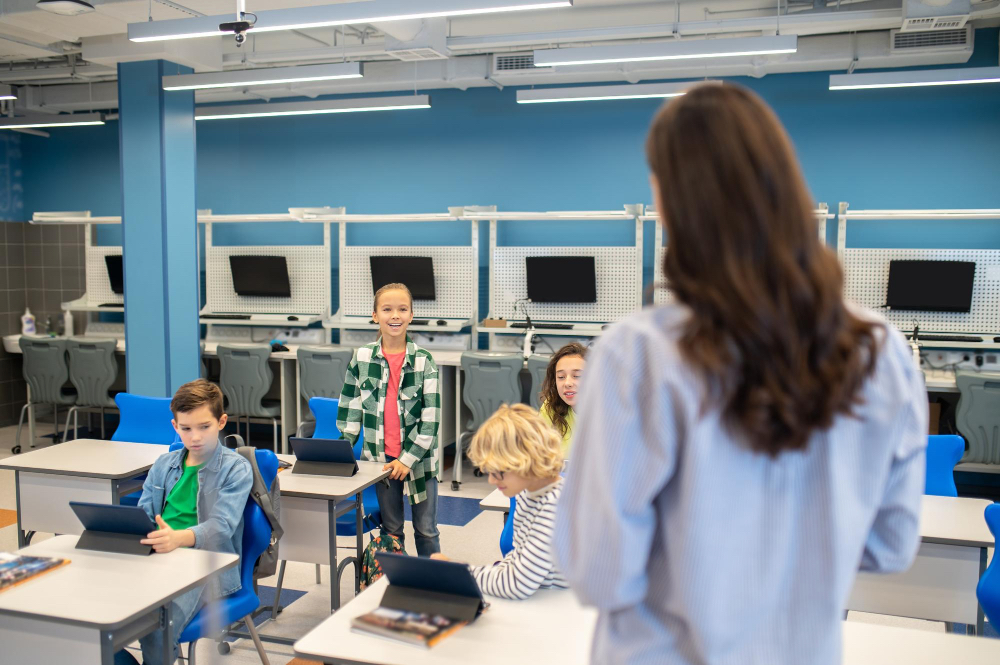As artificial intelligence increasingly becomes a staple of modern education, the Southern Regional Education Board (SREB) has released a new report aimed at guiding schools in the thoughtful and responsible adoption of AI tools. Titled Guidance for the Use of AI in the K-12 Classroom, the report provides a framework to help educators enhance learning experiences while addressing the ethical and practical challenges that come with emerging technologies.
The report emphasizes that AI should augment, not replace, the human element in teaching. “SREB’s guidance underscores that AI should be viewed as a partner—not a replacement—for teachers,” said Stephen L. Pruitt, President of SREB. “Our goal is to empower educators to use AI to strengthen learning and to equip them to safeguard student data and promote ethics.”
Developed with input from SREB’s Commission on AI in Education—a collaborative body including educators, legislators, and industry leaders—the framework is built around four key pillars:
The report emphasizes that AI should augment, not replace, the human element in teaching. “SREB’s guidance underscores that AI should be viewed as a partner—not a replacement—for teachers,” said Stephen L. Pruitt, President of SREB. “Our goal is to empower educators to use AI to strengthen learning and to equip them to safeguard student data and promote ethics.”
Developed with input from SREB’s Commission on AI in Education—a collaborative body including educators, legislators, and industry leaders—the framework is built around four key pillars:
- Designing Cognitively Demanding, AI-Supported Tasks
- Streamlining Teacher Planning and Reducing Administrative Work
- Personalizing Learning for Every Student
- Fostering Ethical AI Use Among Students
“Teaching students to use AI ethically is crucial for shaping a future where technology serves humanity’s best interest,” said Leslie Eaves, the report’s author and SREB’s program director for project-based learning. “As educators, we can help students master the technical skills and cultivate a sense of responsibility and critical thinking about the consequences and complexities of AI.”
The guide also includes a skills roadmap for educators themselves, highlighting the knowledge and competencies needed to navigate AI in the classroom.
In the coming months, SREB plans to release practical resources, including real-life classroom examples and checklists to help schools evaluate AI tools effectively.
The Southern Regional Education Board is a nonprofit, nonpartisan organization dedicated to improving education across all levels, from early childhood through advanced workforce development.
